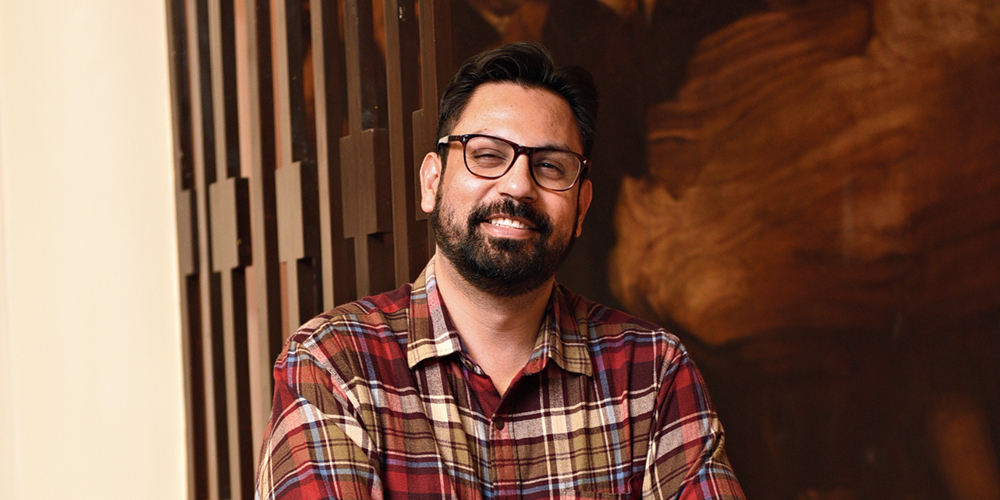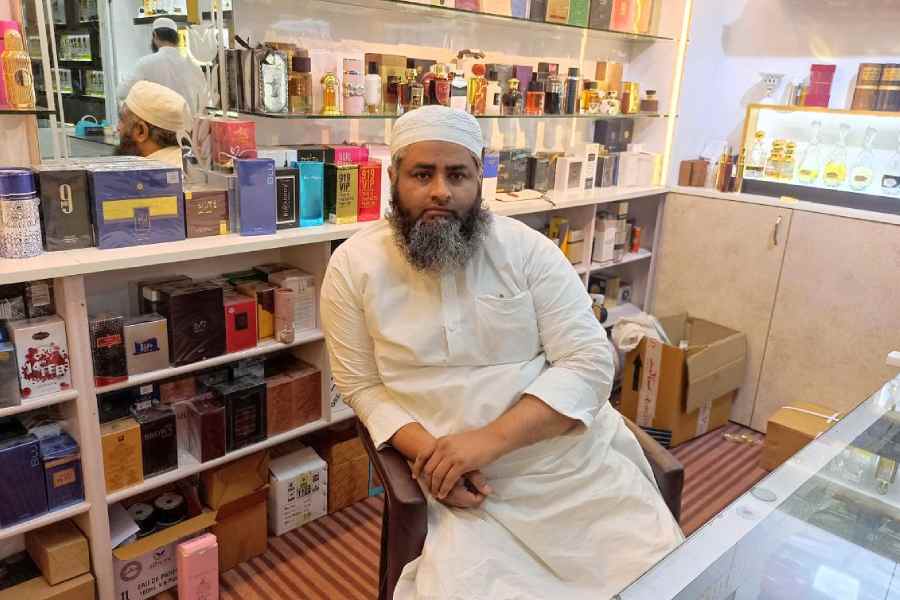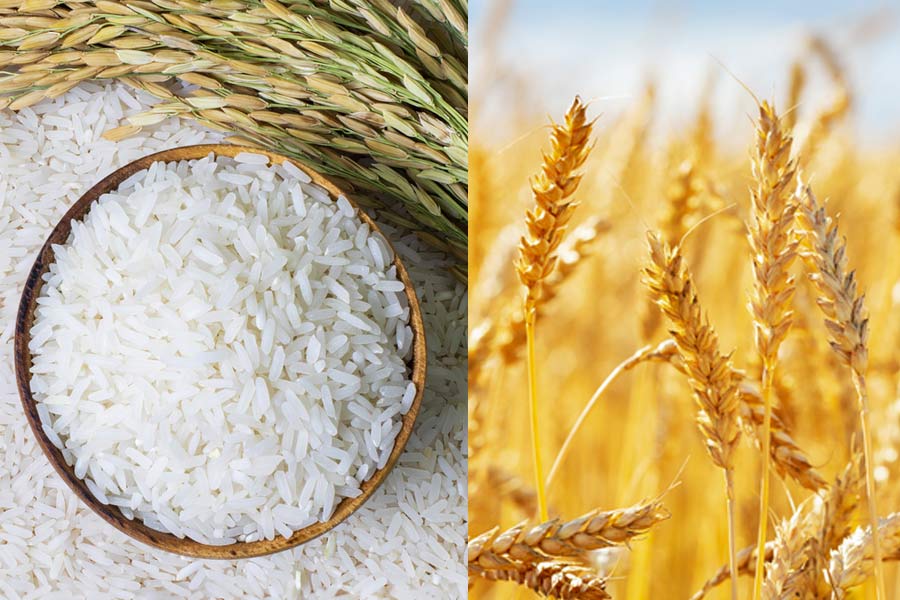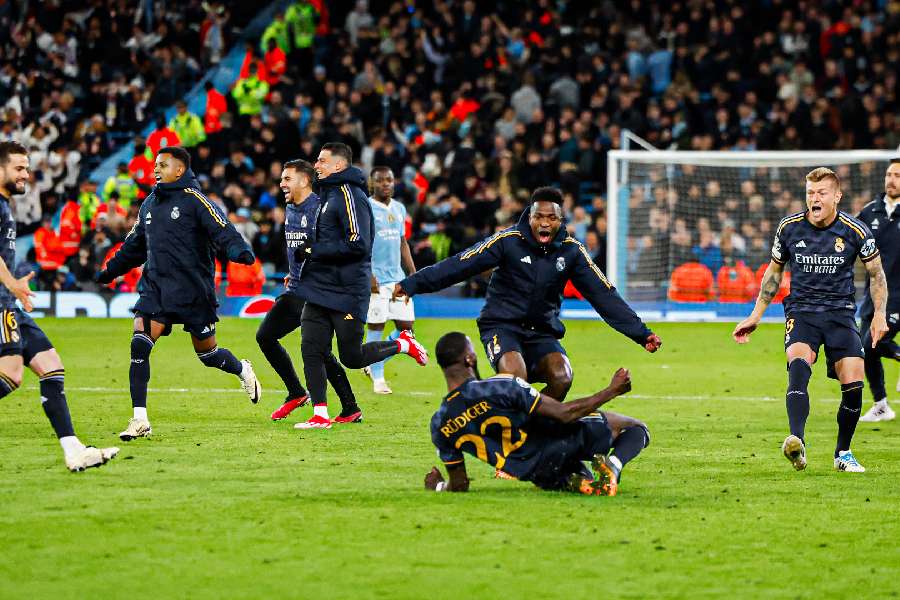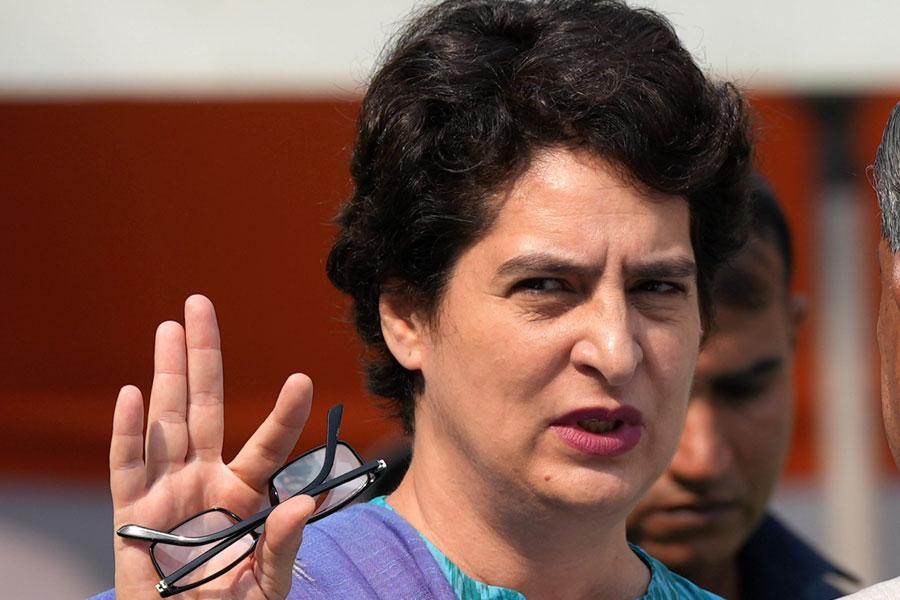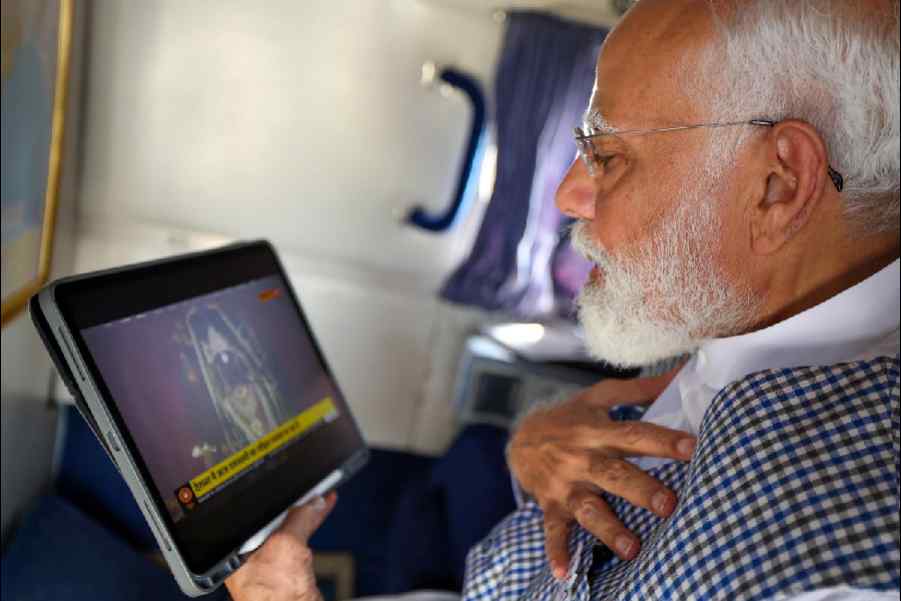Jazz clubs in New York have been dwindling for sometime. In India, the genre has a lot of takers but then, people don’t always agree on the pricing of ticketed events. One man who is trying to keep things moving is Arjun Sagar Gupta, the founder and owner of The Piano Man Jazz Club and The Piano Man Gurugram, in Delhi. He has also been a musician for over 20 years. And there is more to him — the 35-year-old is also an electronic engineer and a collector and restorer of worn out pianos. During his recent visit to Calcutta, The Telegraph caught up with the man.
What made you open a jazz bar (2015) at a time when it’s not the genre many follow?
Unfortunately, it’s the first genre that I ever listened to (laughs). I’m an engineer by education, so food was never in the the scene for me. When we entered the industry, we entered without the preconceived notions most people have. The other advantage that we had is that we put into place systems that we thought are right for the kind of product we are building as opposed to what is right for the F&B industry. This allowed us to emphasis on music and art. Now why a jazz club? We didn’t want to do something in the commercial music space. The idea was to find something that bridges the gap between the lack of information in the market and push the other kinds of music which we actually want to promote, which is jazz.
The second club that we opened in Gurugram, It’s not called The Piano Man Jazz Club, it’s just The Piano Man Gurugram. The reason we chose to do that is because even though the emphasis remains on jazz, (60 per cent of our programming is around jazz) but we also want to promote singer-songwriters, artistes who are coming up, we want to promote blues, R&b and hip-hop, some pop and rock ’n’ roll. But yes, the emphasis remains on jazz.
Do you plan to open branches of the TPMJC?
Not in Calcutta right now but we are going to start our next phase of expansion soon. We spent the last one year developing our system and after the eighth month of launching the one in Gurugram, I feel like we are close to a space where we understand how to run a place. Right now I’m sitting in Calcutta but there was a time when I hadn’t taken a day off for years, unless it was absolutely necessary. We are hoping to open in the next couple of years in Mumbai, Bangalore, Calcutta… it’ll take time. We’re never in a hurry to expand because we want to do it right.
The venue also hosts Giants of Jazz festival. How do you decide on your line-ups... the artistes who would perform.
We have an internal matrix in place. Whenever somebody gets in we have a three or four point system in which we decide where the person lies in the current stage of his or her career and weather we can give them a night. It’s something that we spend years developing. It’s not my decision as an owner; each of my team members have an equal right about what has to be done. If you don’t have a balanced system you won’t have a balanced output. Within jazz there are hundreds of sub-genres, some I like, some I don’t. But that doesn’t mean they shouldn’t be played.
How has the jazz scene changed in India?
I set up my first trio in mid-2000s; there was almost no one playing swing and jazz in Delhi. Today, there are 30 to 50 musicians who are not only performing but are so good that I’d be comfortable in having them at any club in the world. The awareness of the art form has also increased, a lot of people have the opportunity to study it because there are more and more incredible faculty and teachers available. But are we close to anywhere we should be? No.
You have seven pianos from around the world. Your favourite?
Each has a unique sound. Obviously my favourite is the first one that I had ever restored — Steinway and Sons, Model C, 1967. But the piano for me that turned out to be the bee’s knees is the Imperial Bosendorfer (a nine-and-a-half-foot-long piano with extended bass) which will be ready soon. So I don’t buy these pianos new, I can’t afford them (chuckles). I buy them in terrible condition and restore them. The piano I’m restoring right now is a six-and-half-foot Lester which is for a club in Mumbai.
What about the piano at TPM Gurugram?
It’s a C. Bechstein, a six-and-a-half-foot grand piano which is 120 years old. It took two years to restore it because we had to get the soundboard redone, remake the entire pin block … let’s say it was a complete makeover. And some parts of the piano were not in production. The factory had to produce those parts for us, so that’s a six-month waiting list.
You also own a harpsichord. How similar or different is it from playing the piano?
The harpsichord predates the piano. If you listen to baroque music, like the compositions of Bach, you’ll hear a twingy sound, which is the harpsichord. Because it is a pluck-string instrument and not a percussive-string instrument. Playing the harpsichord offers a different sensation. The only thing common is the keyboard layout, otherwise the string resonance is different, the sound is different, the reaction of the keys… the weight of the keys and the way they move. The harpsichord and the piano are non-comparative instruments from a performance perspective. Baroque music, which is originally written for the harpsichord, can be translated and played on the piano. But it’s difficult to take modern music and put it on a harpsichord because it’s a harsher and sharper tone.
How does one maintain a piano?
There are not many good piano restorers. If you want to extend the life of your piano, which could be hundreds of years, watch the temperature and humidity of the place it is in. Learn how to clean the piano and strings, do some basic tuning and retain it properly. Understand the mechanics of a piano.

